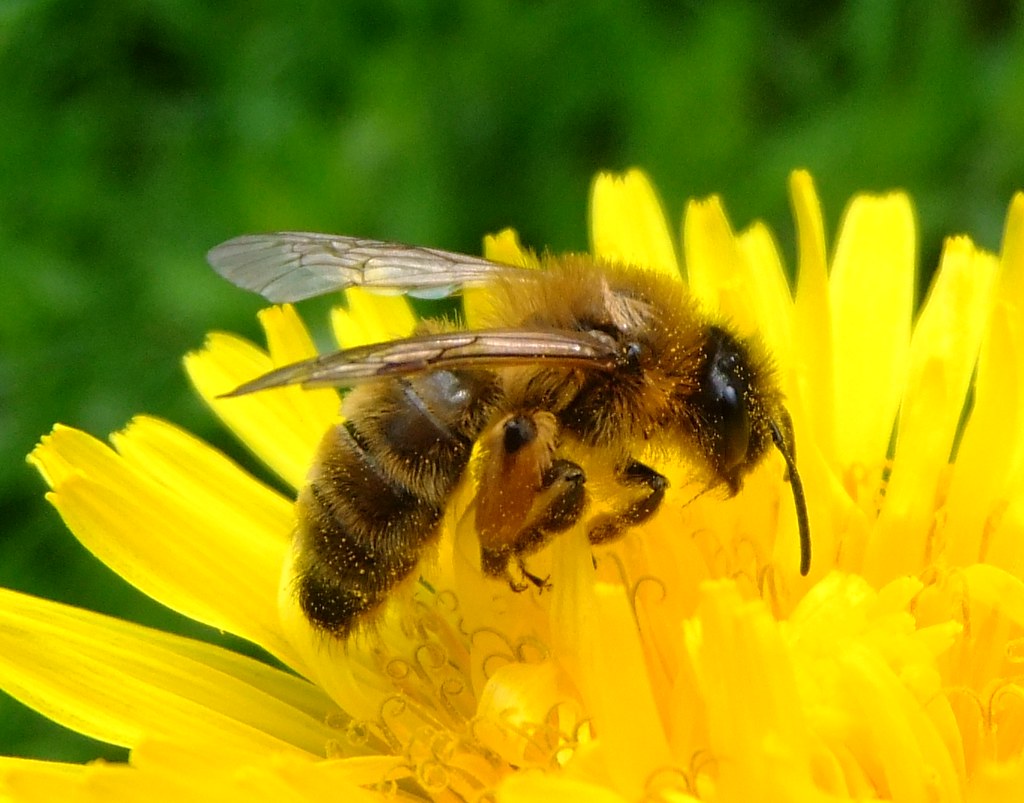Honey Bee
Bees insects are smaller than honeybees, and they are not usually considered major pests.
However, they can cause serious crop damage when they develop an addiction to foraging on certain plants.
This is often seen in springtime when the last blooming of flowers creates an abundance of nectar and pollen.
Seek The Plants
These insects will seek the plants and starve themselves by eating until they die from starvation.
Flowering crops tend to be vulnerable to invasion from foraging bee insects.
Farmers may spend time spraying with pesticides to get rid of the insects, which can lead to a public outcry, as occurred when the wind blew dicamba into nearby crops in 2017.
Avoid Crop Damage
In order to avoid crop damage from bees, farmers may introduce crops with a repellent chemical that "hides" the effect of insecticides.
An additional factor to consider when insecticides are used is the herbicide resistance of plants.
Though common resistance is usually limited to certain plants, further mutations are not rare.
Genetically modified plants with mutated DNA are often resistant to pesticides.
Use Of Biological Control Agents
A better alternative to insecticides is the use of biological control agents.
In order to develop a pest-free food production system, traditional agriculture needs to be modified in a number of ways.
Use Less Herbicides And Pesticides
Specifically, in farming practices, agriculture has to be designed to use less water, use less herbicides and pesticides, and put more emphasis on diversity.


Comments
Post a Comment